Chromate Coating Process
LK Die Casting Machine / 2024-07-30 14:58:35
2024-07-30 By Cherry
Introduction
The chromate coating process is an important technology in metal surface treatment and is widely used in the protection and
beautification of various metal materials.
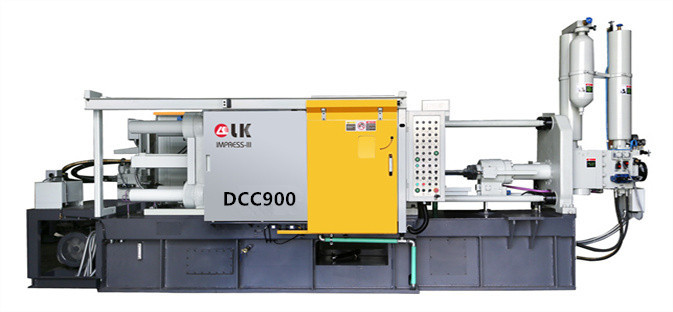
This article will introduce the principle, application field, advantages, and importance of the chromate coating process in modern
manufacturing in detail.
By reading this article, you will have a deep understanding of how the chromate coating process can improve the performance of metal
products and solve various problems in actual production.
Principle of the chromate coating process
The chromate coating process forms a dense chromate film on the metal surface through a chemical reaction.
This film has excellent corrosion resistance and adhesion, can effectively protect the substrate, and extend the service life of metal
products.
This process is usually used for the surface treatment of metals such as aluminum, magnesium, and zinc.
Application of chromate coating process in slide casting
Slide casting is a process for producing complex-shaped metal parts.
The chromate coating process plays a vital role in slider casting. Through chromate coating treatment, a protective film can be formed
on the surface of the slider casting to enhance its corrosion resistance and mechanical properties, thereby improving the tool life and
product quality.
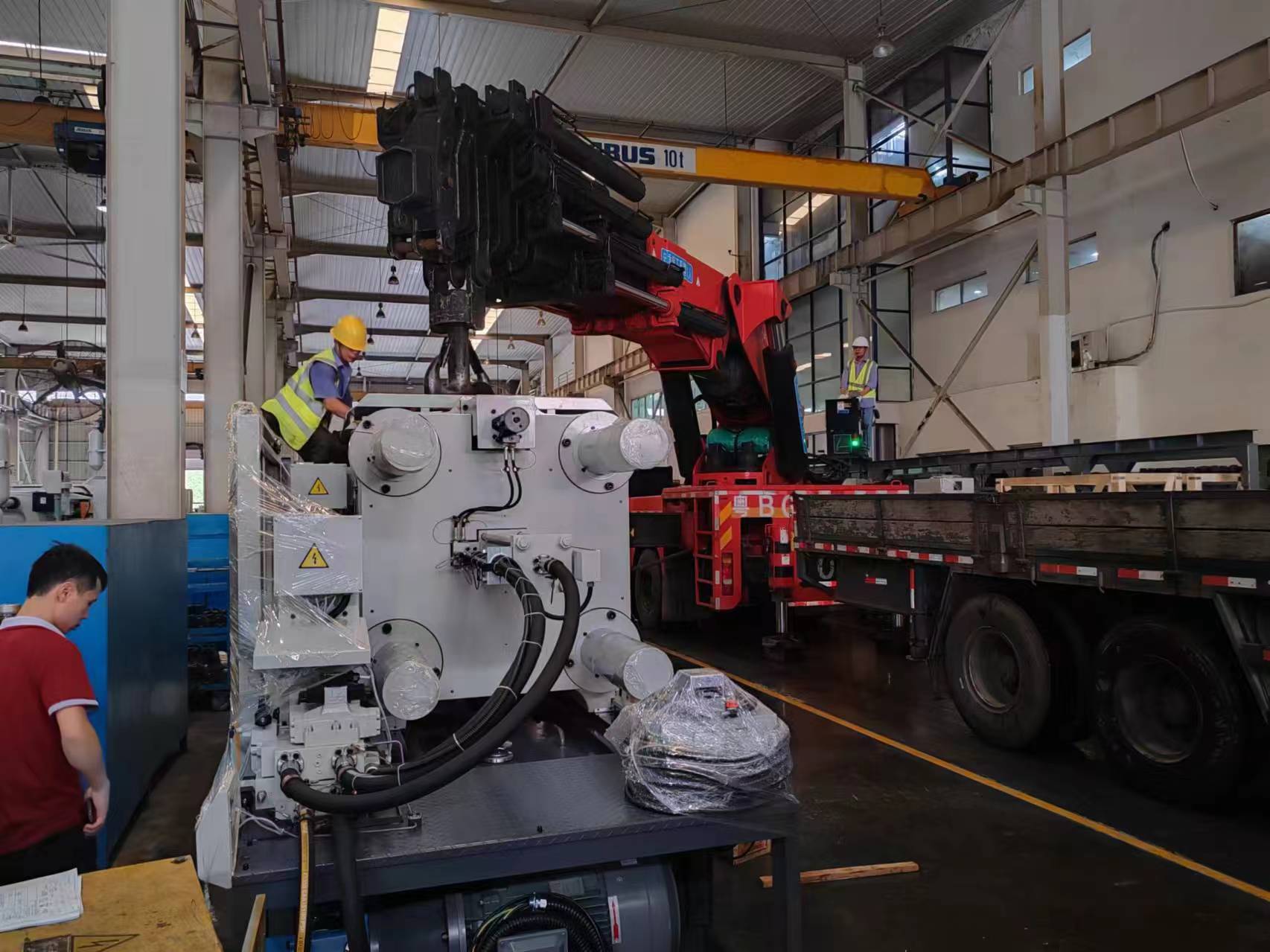
Aluminum can thickness and coating process
Aluminum cans are widely used in beverage and food packaging, and aluminum can thickness is usually between 0.1 mm and 0.3 mm. Since aluminum
cans are exposed to air and liquid for a long time, the chromate coating process has become an important means to improve their corrosion
resistance.
This process can effectively prevent aluminum cans from rusting and corrosion, ensuring the safety and shelf life of the product.
Defects in metal casting and solutions
Common defects in metal casting process include pores, shrinkage cavities, cracks, and deformation.
These defects not only affect the appearance of the product but also reduce its mechanical properties.
Through the chromate coating process, a dense protective film can be formed on the surface of the casting, effectively reducing the casting
defects, improving casting accuracy and product quality.
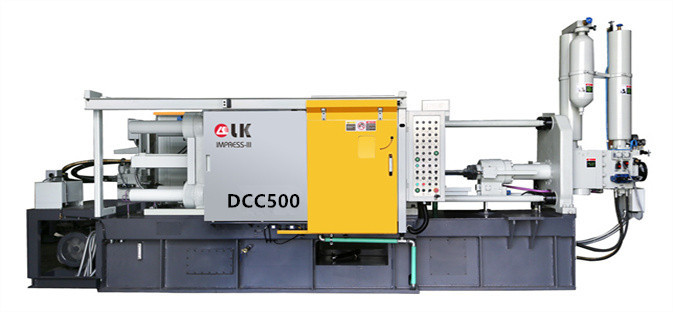
The impact of chromate coating on tool life
tool life is a key factor affecting production efficiency and cost.
The chromate coating process can significantly extend the tool life . The protective film formed not only prevents oxidation and corrosion
of the mold surface, but also reduces the wear of the mold under high temperature and high pressure, thereby improving production efficiency and
reducing maintenance costs.
Advantages of aluminum and its coating requirements
Aluminum has the advantages of being lightweight, having high strength, corrosion resistance, and good electrical and thermal conductivity.
It is widely used
in aviation, automobiles, construction, and other fields. However, the surface of aluminum is easily oxidized and needs to be coated. The chromate
coating process can effectively protect aluminum products, extend their service life, and improve their surface aesthetics.
Difference between chrome and polished chrome
Chrome and polished chrome are two common surface treatment processes.
Chrome plating forms a chrome film on the metal surface through electroplating, which is mainly used for corrosion protection and decoration; while
polished chrome plating is polished on the basis of chrome plating to make the surface smoother and brighter.
The chromate coating process can provide an additional protective layer for chrome and polished chrome, further improving its
durability and aesthetics.
Application and coating of nickel-colored metals
Nickel-colored metals are widely used in aerospace, electronics, chemical, and other fields due to their excellent corrosion resistance and
mechanical properties.
The chromate coating process is also applicable to the surface treatment of nickel-colored metals, which can form a corrosion-resistant
protective film and enhance the performance and life of the metal.
Improvement of casting accuracy
Casting accuracy is an important indicator to measure the quality of castings. Through the chromate coating process, the roughness and defects
of the casting surface can be effectively reduced, the dimensional accuracy and surface quality can be improved, so as to meet the high demand
industrial applications.
The influence of molten aluminum temperature on the coating effect
The molten aluminum temperature plays a key role in the casting process and is usually controlled between 660-750 degrees Celsius. The control of
molten aluminum temperature directly affects the effect of chromate coating. The appropriate temperature can ensure uniformity and adhesion
of the chromate film, thereby improving the coating quality.
The practice of aluminum alloy manufacturing limited liability companies in the coating process
Many aluminum alloy manufacturing limited liability companies use the chromate coating process to improve product quality.
Through this process, they are able to provide aluminum alloy products with higher performance and longer life to meet the diverse needs of customers.
How strong is magnesium and its coating requirements
As a lightweight and high-strength metal, magnesium has a tensile strength of 200-300 MPa.
However, magnesium is easy to oxidize and needs to be coated.
The protective film formed on the surface of magnesium alloy by the chromate coating process can significantly improve its corrosion resistance
and mechanical properties and extend its service life.
Conclusion
The chromate coating process is an efficient metal surface treatment technology, that is widely used in metal materials such as aluminum,
magnesium, and zinc.
Through the introduction of this article, you can have a more comprehensive understanding of the principle, application field, and advantages of
chromate coating process. This process can not only effectively improve the performance of metal products, but also solve various problems in
actual production, improve production efficiency, and product quality.
I hope this article can provide you with valuable information to help you better understand and apply the chromate coating process.
For more info, you can refer to: https://www.youtube.com/shorts/JLX410QV_kw
Contact LK Egypt to learn more info about the die-casting machine
LK AGENT OFFICE DCM
Address: Industry Zone, South of Port Said Kebly, Egypt
https://www.zazdiecasting.com/
Phone/WhatsApp/Wechat: +86 13598704163
Mobile: +20 101 304 3317 +20 150 181 8310
Email: jack@zazmae.com ahmedmahmoud@zazmae.com
OTHER CONTENT
-
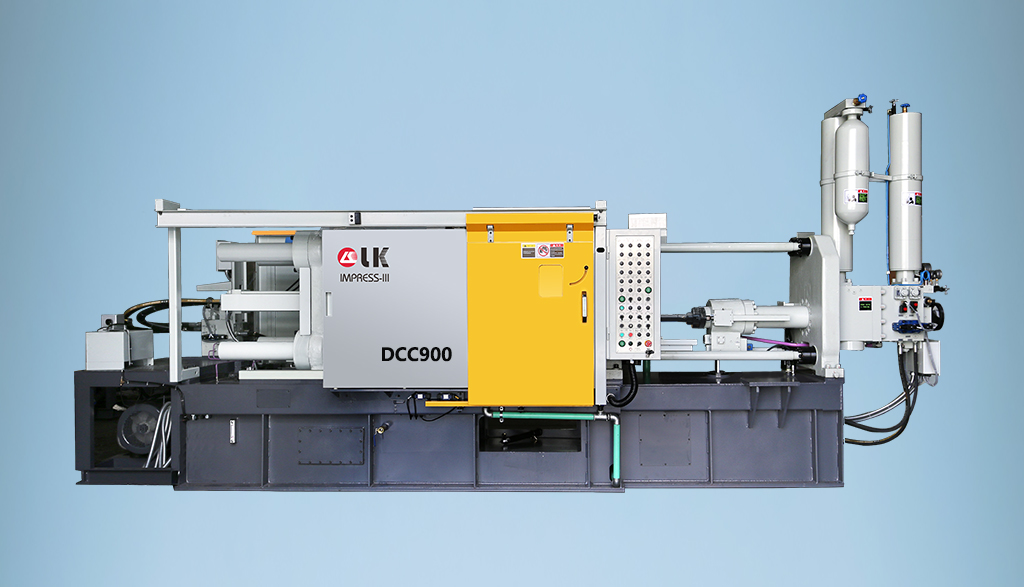
2024-09-19 14:16:15 LK Cold Chamber Die Casting Machine DCC900 Locking Force: 9000KN Die Height: 400-1000mm Space Between Tie Bars: 930x930mm Shot Weight: 13.5Kg Casting Area Max:2250c㎡
More -
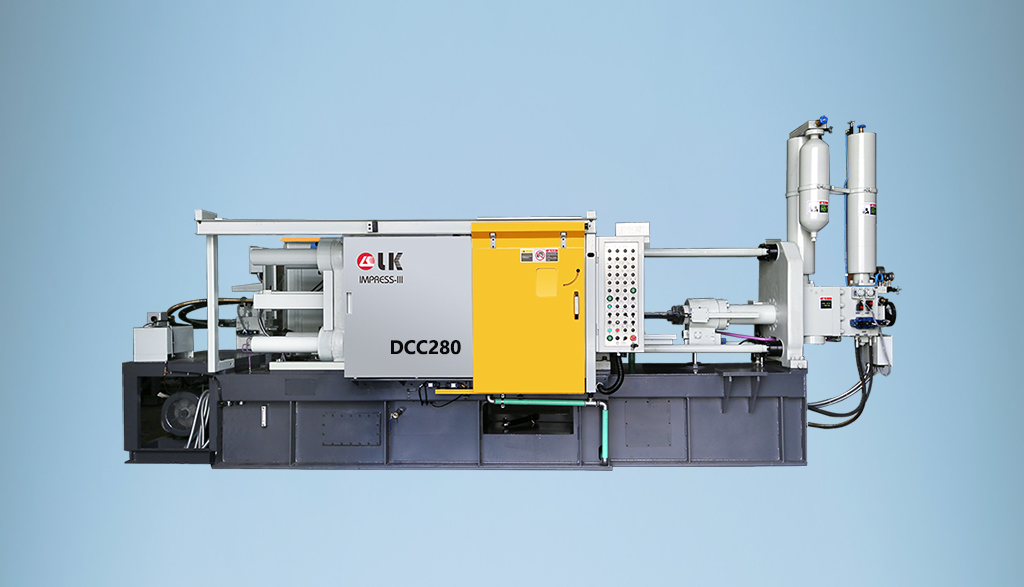
2024-09-19 14:11:06 LK Cold Chamber Die Casting Machine DCC280 Locking Force: 2800KN Die Height: 250-650mm Space Between Tie Bars: 560x560mm Shot Weight: 2.9Kg Casting Area Max:700c㎡
More -
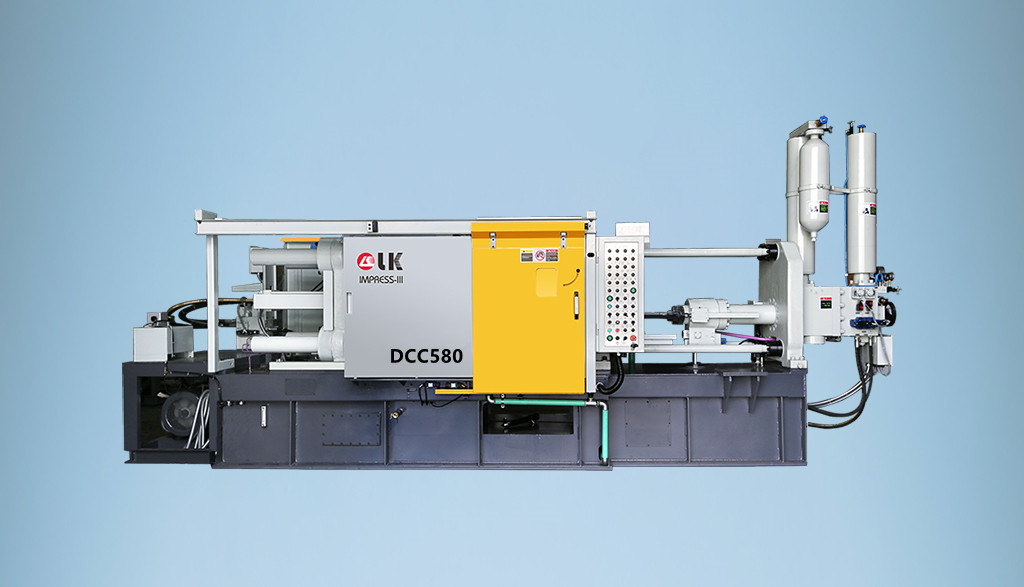
2024-09-19 10:23:07 LK Cold Chamber Die Casting Machine DCC580 Locking Force: 5000KN Die Heigh: 350-850mm Space Between Tie Bars: 760x760mm Shot Weight: 6.9Kg Casting Area Max:1250c㎡
More -
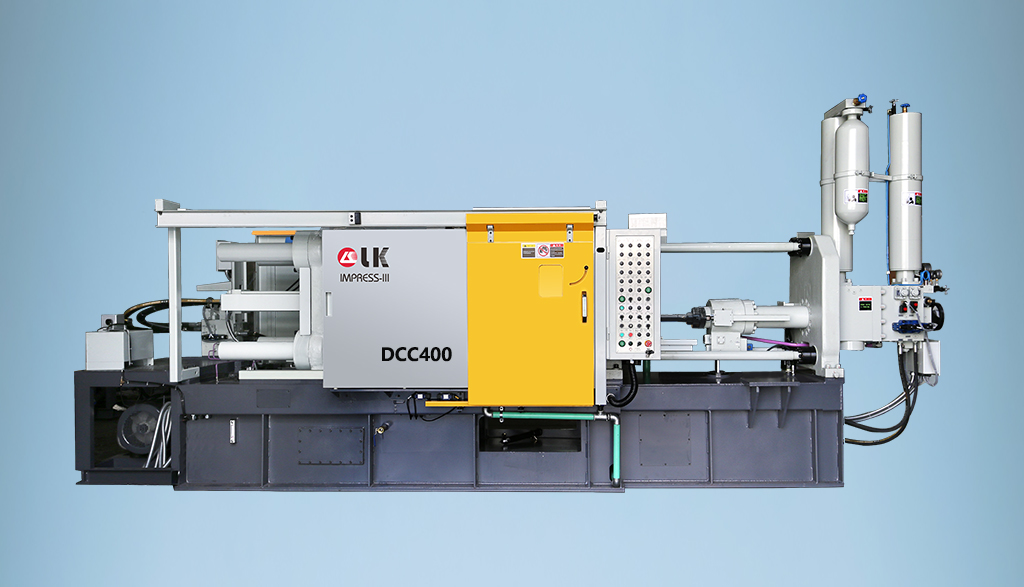
2024-09-19 10:11:20 LK Cold Chamber Die Casting Machine DCC400 Locking Force: 4000KN Die Height: 300-700mm Space Between Tie Bars: 669x669mm Shot Weight: 4.7Kg Casting Area Max:1000c㎡
More

